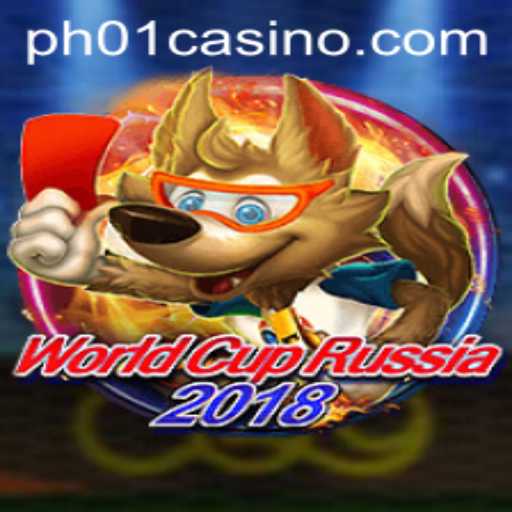World Cup Russia 2018: A Historical Sporting Event
In the summer of 2018, the global sports community turned its attention to Russia, which played host to one of the world’s most celebrated sporting events: the World Cup Russia 2018. This grand spectacle brought together football teams from across the globe to compete for the ultimate prize in the sport. Understanding the nuances of this tournament requires a look into its structure, key highlights, and long-term impact on the footballing world.
Introduction to World Cup Russia 2018
The World Cup Russia 2018, hosted from June 14 to July 15, was the 21st edition of the FIFA World Cup. This tournament was notable for being the first to be held in Eastern Europe and Russia. It featured 32 teams competing in various locations across the expansive landscapes of Russia, from the vibrant city of Moscow to the historic grounds of Saint Petersburg. With stadiums packed to capacity and fervent fans cheering passionately, the atmosphere was electric.
The tournament was emblematic of Russia’s cultural and geographical diversity, with matches taking place in 12 stadiums situated in 11 cities. Modern infrastructure upgrades and meticulous planning ensured that the event not only highlighted the nation’s readiness to host such a massive sporting event but also provided an immersive experience for all involved.
Game Structure and Rules
The World Cup requires a comprehensive understanding of its game structure and rules, crucial for both participants and spectators. The competition unfolds in two main phases: the group stage and the knockout stage.
Group Stage
The initial phase, known as the group stage, involves dividing the 32 teams into eight groups, each containing four teams. Teams play one another in their respective groups, with matches taking place over the course of two weeks. Points are awarded as follows: three for a win, one for a draw, and none for a loss. The top two teams from each group advance to the knockout stage, while the remaining teams are eliminated.
Knockout Stage
The knockout stage begins with the Round of 16. In this phase, teams face off in elimination matches, where only a victory guarantees progression to the next round. If a match is tied after 90 minutes, it goes into extra time, followed by a penalty shootout if necessary. This high-stakes format continues through to the quarter-finals, semi-finals, and ultimately the final, where the two remaining teams vie for the title of World Cup champion.
Highlights of the Tournament
The World Cup Russia 2018 was replete with memorable moments and unexpected twists that made it a tournament for the ages. The competition saw traditional powerhouses clash with spirited underdogs, resulting in a thrilling display of football at its best.
France emerged as the eventual winner, clinching their second World Cup title by defeating Croatia 4-2 in an exhilarating final held at the Luzhniki Stadium in Moscow. The dynamic French team, led by a mixture of experienced stars and young talent, showcased a brand of football that was both strategic and exciting to watch.
Croatia’s remarkable run to the final also captured the hearts of fans worldwide. Their journey through the tournament was defined by resilience and skill, marking a historic achievement for the Balkan nation.
Individual Accolades
Individual performances did not go unnoticed, with Luka Modrić of Croatia being awarded the Golden Ball as the tournament’s best player. His midfield mastery and leadership were instrumental in Croatia’s impressive performance. Kylian Mbappé, the young French forward, took home the Best Young Player award, highlighting his burgeoning career with standout performances that contributed significantly to France’s success.
Impact and Legacy
The significance of the World Cup Russia 2018 extends beyond the confines of football. This edition of the World Cup had a notable impact on various fronts, from enhancing Russia’s global image to invigorating the sport worldwide.
On the sporting front, the tournament inspired a new generation of fans and players, contributing to the growth of football in regions where the sport is gaining traction. Moreover, the success of teams such as Belgium and Croatia demonstrated the evolving dynamics of international football, where tactical innovation and team cohesion play crucial roles.
Economically, the World Cup provided Russia an opportunity to showcase its capacity to host large-scale international events, potentially leading to increased tourism and future investments. Further, infrastructural developments pepped up the host cities, leaving a legacy of improved facilities.
The World Cup Russia 2018 proved that football is more than just a game; it is a unifying force capable of overcoming cultural and geopolitical barriers. It was a tournament to remember, setting the stage for future global sporting events.








